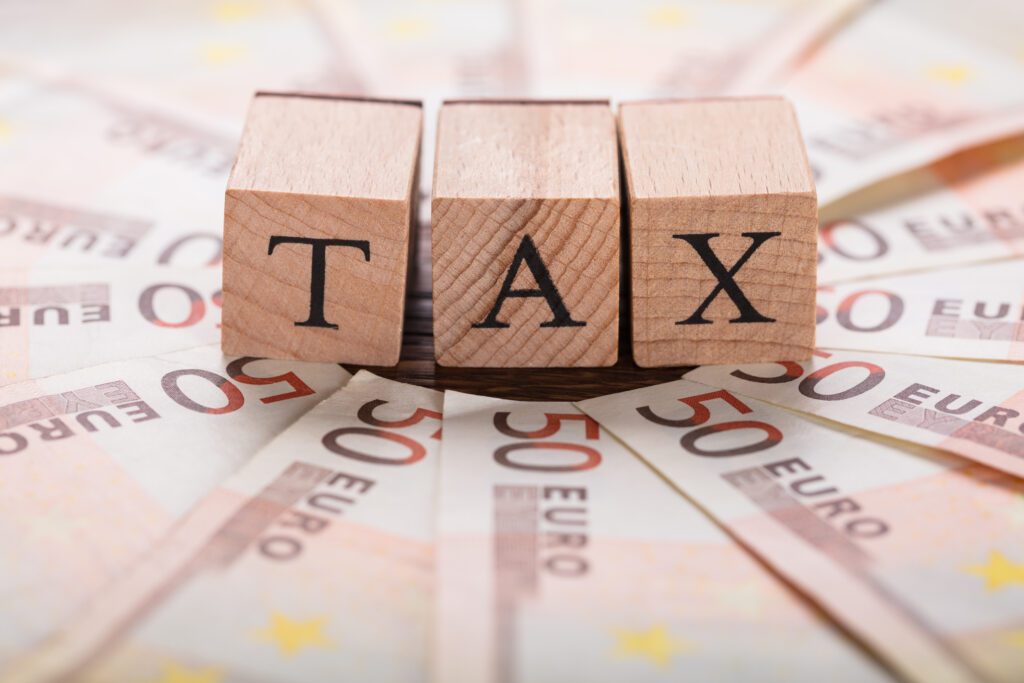In this article we will cover what a capital gain is, what counts as one, what the tax exemptions are and how capital gains apply to Italian residents as well as how they apply to non-residents.
What a Capital Gain Is
In the Italian tax system there are six categories of income: employment income, business income, self-employment income, real estate income, investment income and capital gains. Capital gains are the profits that are gained by selling an investment of some type. The taxes on capital gains are generally lower than the other classes of taxable income, which provides an advantage to investors over wage workers.
What Counts as a Capital Gain in Italy
The term “capital gain” refers to an asset’s increase in value after that capital asset is sold. Simply, a capital gain happens when you sell an asset for more than what you paid for it originally. Almost any type of asset you own can be considered a capital asset whether it is a type of investment or something you have purchased for personal use. Some examples of objects (tangible or not) that are subject to capital gains are stocks, bonds, jewelry, cryptocurrency (crypto assets), homes and furnishings, vehicles, collectables, timber, and fine art. Capital gains are realized when you sell an asset by subtracting the original purchase price from the sale price. They fall into two categories:
- Short-term capital gains: those realized on assets that you’ve sold after holding them for one year or less;
- Long-term capital gains: realized on assets that you’ve sold after holding them for more than one year.


Tax Exemptions on Capital Gains
With respect to their Italian equity investments, Italian investment funds are currently fully tax exempt and not subject to any dividend or capital gain tax. On the other hand, however, while capital gains tax has decreased in Italy over time, the current tax regime for non-Italian investment funds requires that those funds are taxable in Italy on dividends received from Italian resident companies and on capital gains realized at a rate of 26%.
On real estate, however, applicable rules on capital gains from the following sales are exempt:
- Sale of real estate if owned for more than five years;
- Sale of real estate, if it has been a primary residence for most of the ownership period, even if owned for less than five years.
If the property does not meet either of those two conditions then it is subject to the standard capital gains tax.
Capital Gains for Residents and Non-residents
For residents, interest on bank accounts or post office accounts (you can open a bank account through the Poste Italiane in Italy) and interest on bonds or similar instruments (that expire in less than 18 months) is subject to a withholding tax of 27%. Interest on bonds and similar instruments, subject to the same 18-month expiration, are subject to a less-than-half substitute tax of just 12.5%.
For non-residents there are some exemptions, too. Exemptions generally apply when the income is received by people resident in countries that have conventions in force to avoid double taxation and which allow an adequate exchange of information, like the United States (except in the case of dual citizenship). Interest on bank accounts or post office accounts for non-residents is also excluded from taxation.
Pursuant to new provisions (as of January 2021), EU/EEA “regulated” investment funds are exempt from Italian income taxes on Italian dividends and capital gains deriving from any Italian equity investment held. A reduced 12.5% rate applies to capital gains from bonds issued by:
- The Italian government and its public entities and administrations (e.g. Postal Certificates) as well as other similar bonds issued by multinational organizations constituted under an international agreement made enforceable in Italy, as previously mentioned.
- Central governments and their Local Administration of foreign countries included in the “White-List,” which contains about 50 countries as part of the Ministerial Decree of 4 September 1996.
It is important to remember that capital gains taxes are only due after the investment is sold, never before. For all of the reasons stated in this article, a thorough understanding of capital gains taxes can make a big difference for an investor. If you have questions, please get in touch with us.
Check our other articles related with this topic Establishment of tax residence: investigative activities, Why Italy is your next destination and BECOMING AN ITALIAN RESIDENT: OUR USEFUL GUIDE.





I think I have been victim of a scam and have been asked to pay capital gains tax to the invesment company before my profits are released.
Please advise